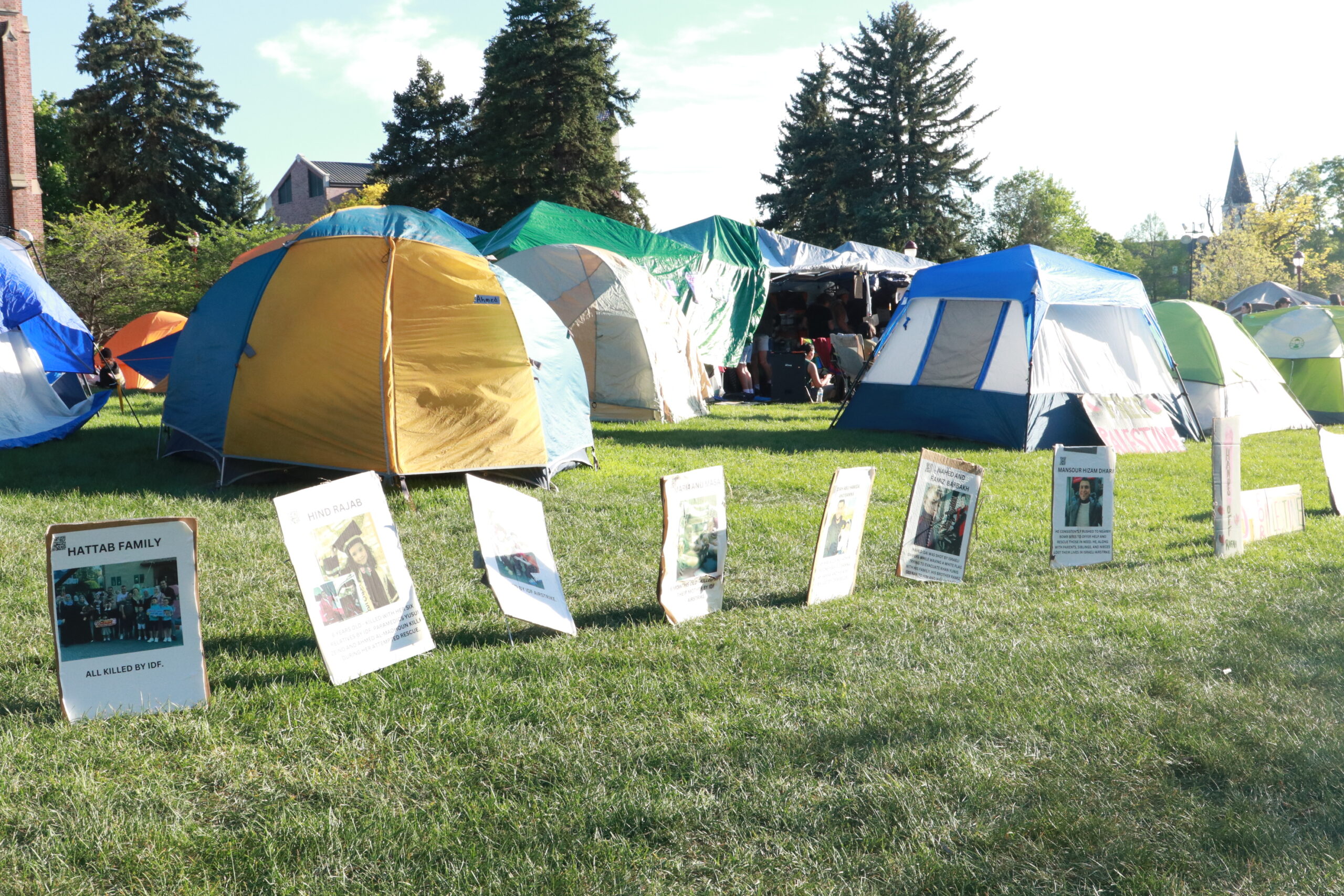 Photo by:
Photo by:
Thus far, there have been 42 presumed cases of 2009 H1N1 on the University of Denver campus, according to the Health and Counseling Center. No one has been hospitalized.
“Every day we are seeing more and we expect to see even more,” said Sam Alexander, executive director of the DU Health and Counseling Center. “It hits you like a truck, one hour you are feeling fine and the next you are feeling sick.”
Alexander strongly encourages students to avoid coming into the health center. He says to call the center and describe the symptoms to an on-staff nurse who will diagnose the illness over the phone.
“Most people have called and I am gratified,” said Alexander. “There have been a number of cases in individuals who live off campus, but the majority is in the dorms.”
All professors have been told by Provost Gregg Kvistad not to ask for health excuses or penalize students for missing class. Faculty is to be lenient on class absences for the duration of the H1N1 breakout.
“Well, the teachers have said don’t come to class if you have swine flu,” said Maggie Patterson, freshman living in Centennial Halls. “The other day there was five people missing from my CREX class and only one e-mailed the professor saying they had it.”
DU’s quarter system can make it difficult for students to keep up when they miss several classes. However, professors are now required to have all class materials online, either using Blackboard or another online outlet.
“All of my classes are on Blackboard,” said Patterson.
The illness typically lasts two to four days, which amounts to missing three to five days of class.The Center for Disease Control (CDC) recommends that people with H1N1 stay home for at least 24 hours after their fever is gone.
“The concept is to stay home when you are sick and an additional 24 hours after. Doing so is a matter of respect towards other students, faculty and staff,” said Alexander.
“The primary concern is that students are not self-isolating. They are immediately going back to school and social activities.”
Resident assistants in each dorm have been notified by the health center to check on sick students and make sure meals are brought to them so that they don’t infect the entire dinning hall.
Resident assistants are to provide sick students with a flu care kit created by the health center.
Each kit includes Gatorade, soup, Tylenol, ibuprofen, disposable thermometers, surgical masks and written instructions.
For healthy students whose roommates become sick, the only options are to temporarily move in with a friend, or if the student has family in Denver to stay with them. DU housing is completely full for the fall quarter.
“I’ve had it, but if I hadn’t and got it now, I am in a triple and would definitely infect two other people,” Patterson said. “There is no where to go, I’d probably just have to suck it up.”
Those who come down with 2009 H1N1 once, cannot get it again.
There is a 97 percent chance that if someone gets the flu right now, it is H1N1 because seasonal flu has not hit yet, according to Alexander.
Seasonal flu shot clinics will be on Driscoll Lawn today, Wednesday and Thursday from 9 a.m. to 3 p.m. The health center has arranged for a spot on Driscoll Bridge in case of changes in weather.
The seasonal flu shot is free for all students and the health center has more than 1,000 available.
They will be provided on a first-come, first-serve basis.
Some students are skeptical about vaccines really work.
“I don’t like to put that kind of antibiotics into my body,” said Tom Jenkins, a senior at DU.
However, the viruses in a flu shot are inactivated, or killed, making it impossible to get the flu from a flu shot.
The Center for Disease Control says the H1N1 vaccine will be available by Oct. 15.
The health center plans on obtaining the H1N1 vaccine and providing students with another free clinic as soon as it becomes available.
For more information, visit www.du.edu/duhealth or call the Health and Counseling Center at 303-871-2205. For facts and answers to frequent questions about 2009 H1N1, visit www.cdc.gov.
Symptoms
- Fever
- Cough
- Sore throat
- Headache
- Muscle aches
- Runny nose
- Vomiting and diarrhea (occasional)
Prevention
- Wash your hands
- Cough into a sleeve
- Try not to touch your nose, mouth and eyes
- Don’t eat without washing your hands
- Get plenty of sleep, eat well and exercise











